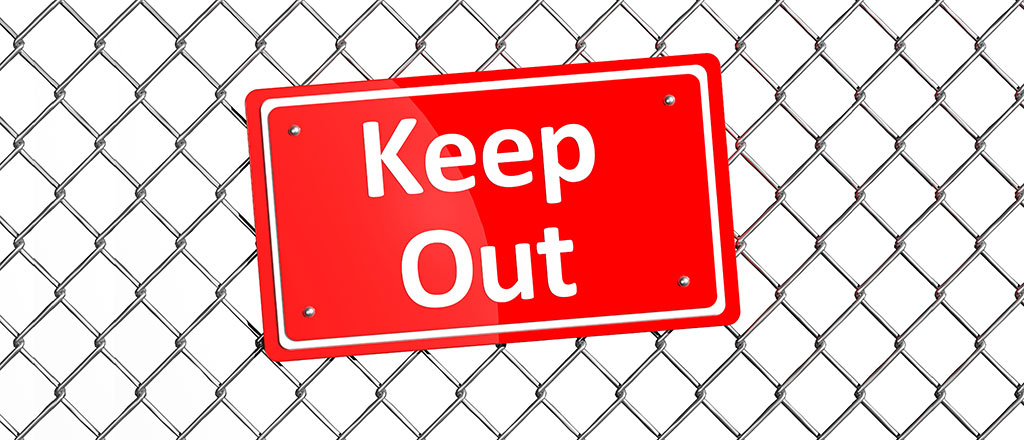Protectionism exists in many facets of the economy and is essentially the use of taxes, regulations, or other means to disincentivize, restrict, or prohibit trade. The idea is simple: I am the only widget maker in town and I get the town council to levy a 50 percent tax on any widgets that are manufactured elsewhere and imported into the town. That’s a great deal for the town council (that gets to spend the extra tax money) and for me, but not so much for my customers. I can now charge more or use lower quality materials because I know that any competing widgets will cost substantially more thanks to the import tariff.
Unfortunately, protectionism is rampant in US economic policy and impacts everything from pickup trucks (which face a 25 percent import tariff) to French truffles (with a 100 percent import tariff.) In some cases, protectionist policies are so extreme that they actually ban importation altogether which often leads to soaring prices (due to lack of competition) and illegal black markets and the violence associated with them. These import bans cover all manner of goods from beluga caviar to jadeite and rubies mined or extracted from Burma (and articles of jewelry containing them.) Even something as common as rice cannot legally be imported from many foreign countries.
Tariffs have existed throughout US history and were heartily endorsed by the original “big government” supporter Alexander Hamilton as a way to protect US national interests. The reality is, however, that protectionism doesn’t actually protect anyone except the special interests which lobby for these trade restrictions.
Instead of endorsing protectionism, the US should focus on manufacturing and production efforts in which it has a comparative advantage. If Japan produces better pickup trucks, the US should transition to producing biopharmaceuticals or nanotechnology rather than charging a 25 percent tariff to make up for its inability to compete on a level playing field.
One especially egregious example of protectionism is restricting the free movement of labor. While supporters of strict immigration quotas assert that they are necessary to ‘protect American jobs,’ the truth is that if Americans could and would do the same amount of work for the same amount of money, importing laborers would not be advantageous. The reason why businesses choose to bring in foreign workers is because Americans either lack the necessary skills or expect more than the market price for their labor.
Similarly, attempts by governments to prevent the outsourcing of jobs are based on the faulty assumption that is preferable to pay higher wages to domestic workers simply to keep low-skill jobs from being phased out. The preferred alternative is to allow the low-skill jobs to be outsourced and replaced by high-skill jobs that pay more—not because higher wages are mandated—but because there are fewer individuals who qualify for the positions. Protectionism is ultimately a futile attempt to slow or halt the effects of time. Comparative advantage shifts with changes in technology and trying to stem the tide of innovation and preserve the status quo is both economically destructive and restrictive of individual liberty.
The free market is far and away the best system for creating prosperity that has ever been tried or even contemplated. It works without oversight, regulation, or central planning and allows for the rapid adjustments necessary to adapt to changing consumer wants and needs. When governments try to intervene by setting price floors (such as the minimum wage), price ceilings (such as rent controls), or by engaging in protectionism, the efficiency of the free market is compromised and potential prosperity is destroyed. We must reject government intervention in the free market and embrace free trade and the free movement of labor. At the end of the day, freedom is the best policy for everyone.





